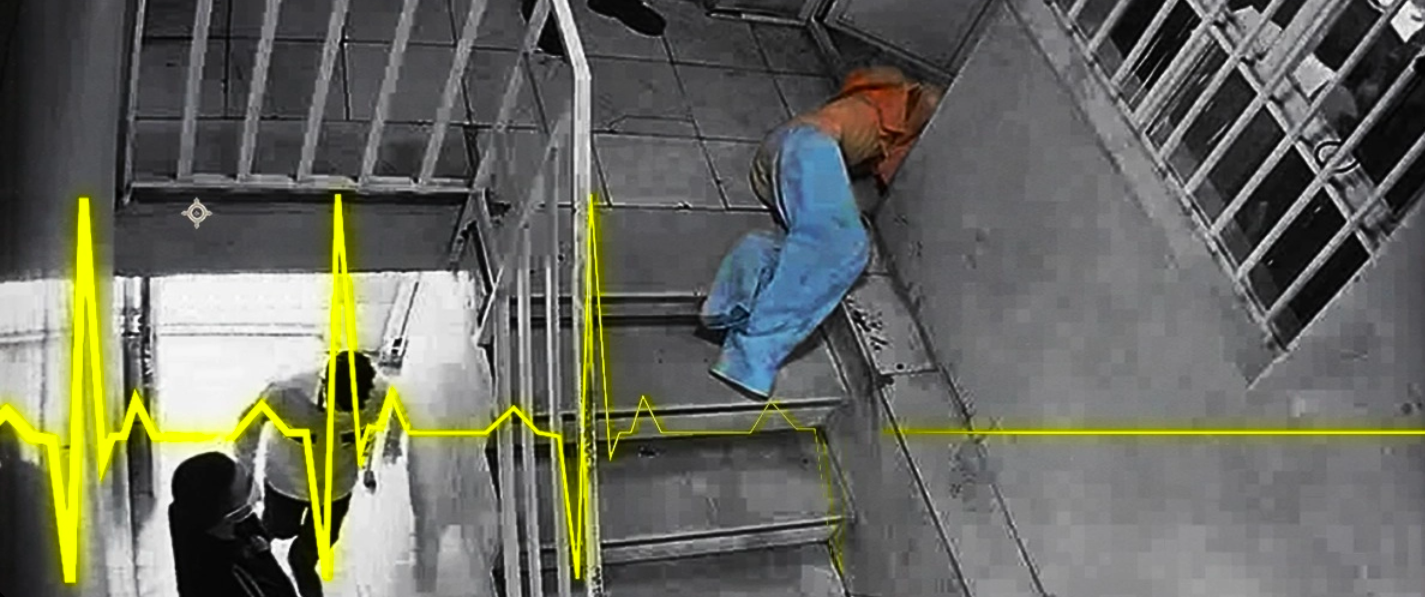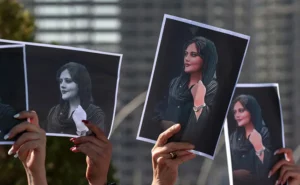An Amnesty International briefing published last week reveals a disturbing pattern of neglect and denial of proper medical treatment for Iranian prisoners. The briefing investigates 96 cases, 92 men and four women, of deaths under the custody of prison authorities in several different provinces across Iran since 2010. More alarming is the fact that these cases only show part of the picture, as many such abuses go unreported and, as Amnesty reports, the list excludes cases of deaths caused by torture while in the custody of Iran’s prison authorities.
As the briefing outlines, these deaths are the result of a series of inadequacies and even deliberate denials of needed healthcare services. Clinics in Iran’s prisons are not sufficiently staffed or equipped to maintain the health of the prisoners in their care, and certainly not to address complex medical issues and life-threatening emergencies. Prison officials often deny or delay access to proper medical facilities, refuse needed hospitalization, and fail to provide critical services to maintain the health of their prisoners.
We have witnessed several such high-profile cases over the last year, including the death of prisoner of conscience Behnam Mahjoubi whose doctors had warned was not fit to serve in prison and was beaten and denied proper medical treatment while in custody, the death of another political prisoner with serious health concerns, Sasan Niknafs, only four months later, the death of prisoner Shahin Naseri under suspicious circumstances, and another tragic death earlier this year of Iranian artist Baktash Abtin in Evin prison after contracting Covid-19. In all of these cases, death was preventable if proper action was taken by Iranian prison authorities. As Amnesty’s Diana Eltahawy rightly states, “The Iranian authorities’ chilling disregard for human life has effectively turned Iran’s prisons into a waiting room of death for ill prisoners, where treatable conditions tragically become fatal.”
Compounding the tragedy of such preventable loss of life is the fact that in many of these cases the individuals should not have been detained in prison and denied their freedom in the first place. Endangering the lives of Iranian prisoners by denying them needed medical care or proper facilities is no doubt a violation of human rights. We call on Iranian officials and prison authorities to abide by their human rights obligations, protect human life, and hold abusers accountable for their offenses.
Back to top

